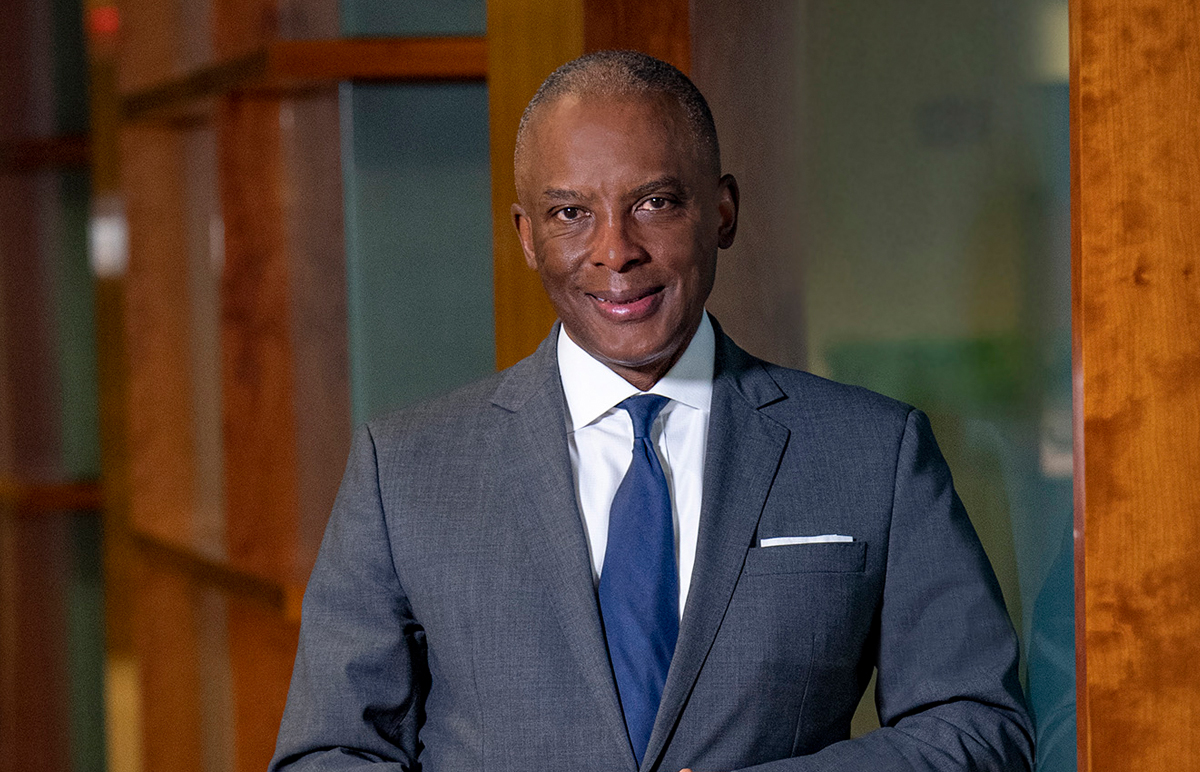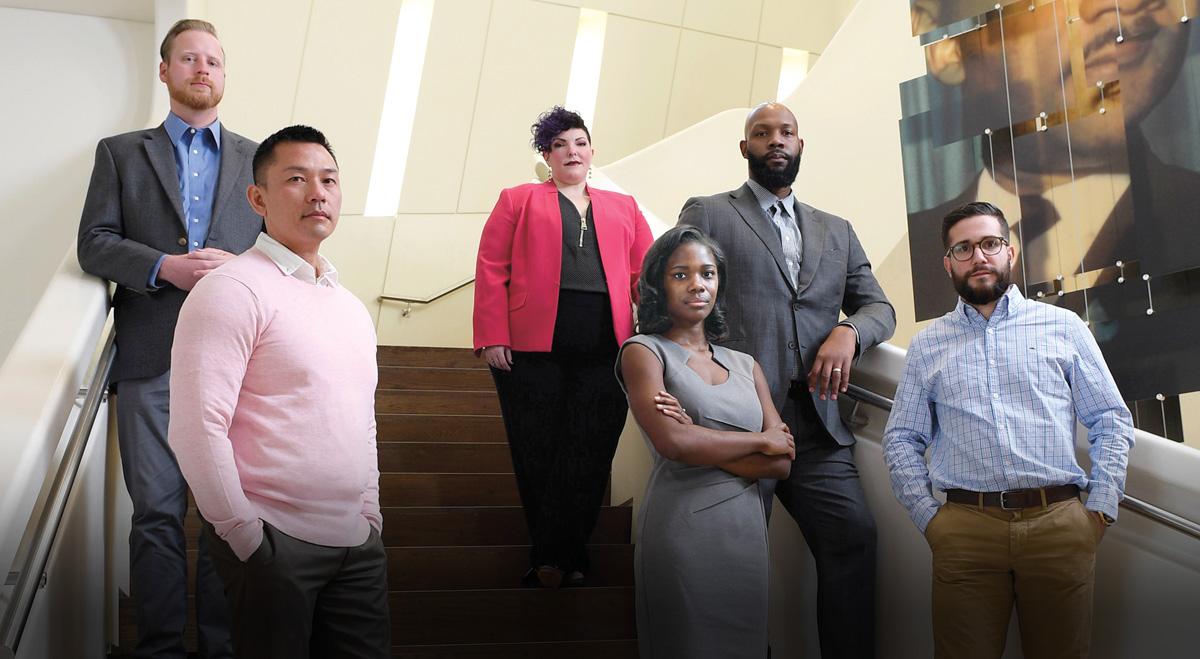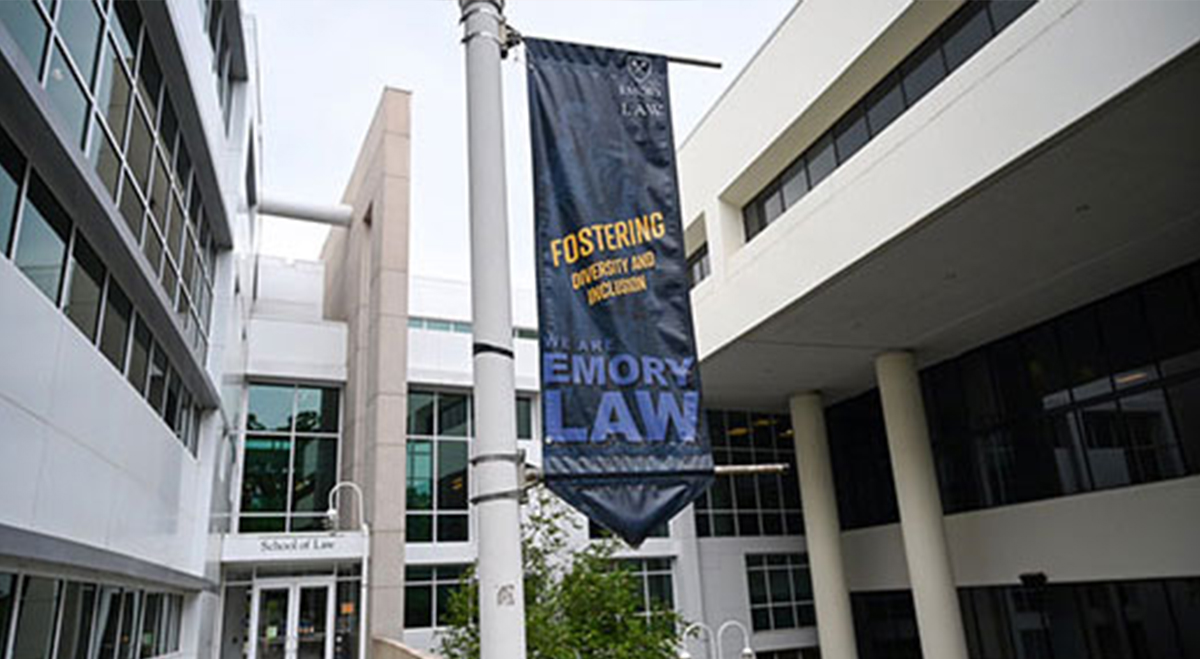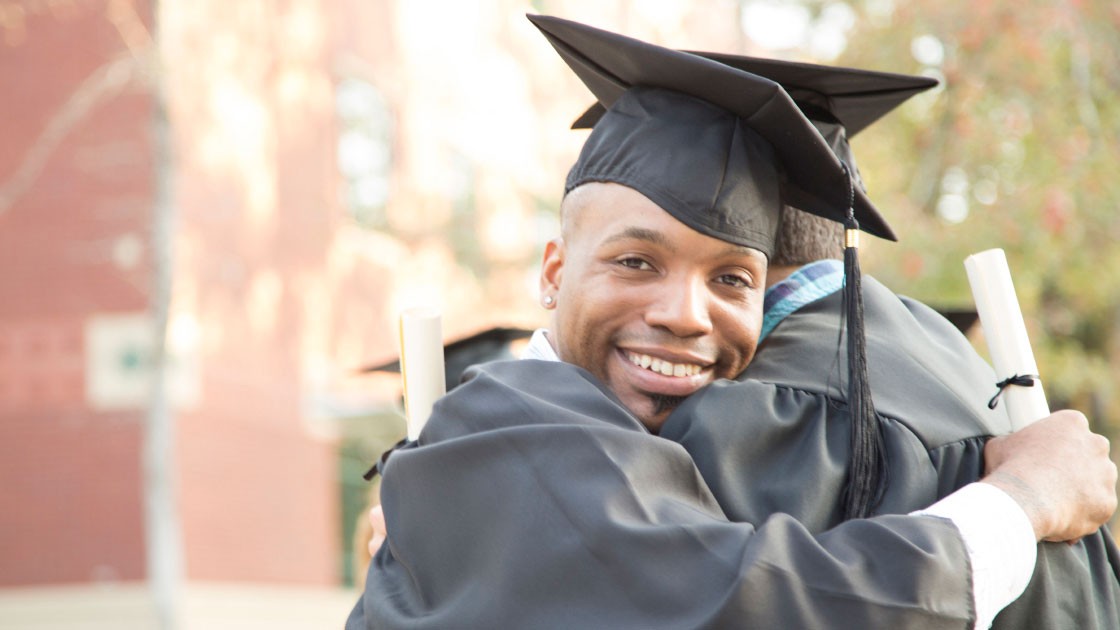
Chris Womack talks culture change and DE+I at Georgia Power.

Chris Womack talks culture change and DE+I at Georgia Power
Published February 2, 2021As Georgia Power continues to look at the commitments that are being made in the company-specific Moving to Equity plan and ensuring equity in our workplace and workforce, Chris Womack spoke with Georgia Trend about the company's position with diversity, equity and inclusion (DE+I) and race in America.
Within the article, Womack shared, "Don't be afraid. Don't be reluctant to have the difficult conversations. This country has had a struggle with race for almost 400 years. So talking about race can be very difficult. A lot of times we shy away from it. But using this period as an opportunity to have uncomfortable conversations is how we learn. That's how we get better".
Sloane Drake, senior vice president of human resources for Georgia Power and Southern Company, also spoke with the magazine, sharing that Georgia Power isn't new to DEI.
"It is a part of what we measure as operational performance," says Drake "You can't be a good employee, you can't be a good leader, if you don't fundamentally understand and support diversity, equity and inclusion."
Womack says it was therapeutic, both from a psychology standpoint and an organizational one, to allow people to talk and for the company to just listen rather than responding with an answer. Drake agrees, saying the level and candor in the discussions is something new. “People are sharing their experiences and helping to educate people who didn’t have those experiences in a way I’ve just never seen before, which has been really helpful,” she says. It’s caused Georgia Power to take a good look at its DEI efforts and ask what more it can do, like increasing and adjusting training to include areas that were raised in the discussion groups and taking a hard look at recruiting to remove as much bias as possible from the process.
Georgia Power asks its employees to be leaders both at work and in their communities, all around the state. Womack ticks off programs like Leadership Georgia and Leadership Atlanta and says, “Let’s be a part of those efforts let’s figure out how to talk about issues of diversity.” The company’s “inclusion connectors” are employees in regional offices and plants throughout Georgia who volunteered to work on DEI issues; they’re trained and have access to resources that help them have those kinds of conversations in their work clusters and teams.
Womack’s new title as CEO is meaningful as well as historic. He’s worked his way to the top, and Drake notes that “just the ability to have someone with his experience to come in and follow [current CEO] Paul Bowers is exciting in itself, regardless of race.” But she adds that he will also bring a different perspective to that role than anyone’s had before.
Womack says he’s gotten messages and letters from people expressing pride in his accomplishments and those have been meaningful to him. “When we see people that look like us assuming certain roles, it gives us hope and optimism, and encouragement and motivation that I too could do that,” he says. “I think it says to everybody in the company, you can achieve great things if you put the work in.”

Southern Company issues public statement on Georgia voting law legislation

Southern Company issues public statement on Georgia voting law legislation
Southern Company on March 17, 2021, issued the following statement:
Elections are at the core of who we are as Americans. During each and every election, Southern Company and our subsidiaries strongly encourage all of our employees to take part in the elections process and cast their vote. Broad participation is the first and most important principle of voting and our election system must encourage and allow for the full participation of all citizens. Our companies will continue to support efforts that promote fair, accessible, transparent and secure voting. Our commitment must remain to these enduring principles. We will continue to support efforts that facilitate a balanced approach to the election bills that have been introduced in Georgia.

Southern Company recognizes importance of the Americans with Disabilities Act

Southern Company recognizes importance of the Americans with Disabilities Act
Today is the anniversary of the Americans with Disabilities act (ADA). It was signed into law on July 26, 1990 by President George H.W. Bush and prohibits discrimination against people with disabilities. This includes employment, transportation, public accommodations, communications and access to state and local government’ programs and services.
Southern Company employee resource groups (ERGs), ADAPPT and ABLE, provide those with disabilities and their allies, friends and families with disabilities resources, support and comradery.
Several Southern Company employees share how the ADA benefits them and the people in their lives.
Richard Prilenski
Engineer- Southern Company Services
2021 President of ABLE
Why is the ADA important for people with disabilities?
The ADA is paramount for individuals with disabilities because it ensures that they can navigate their version of success without barriers to hinder them. There is a vast spectrum of disabilities and countless barriers that individuals encounter daily, by removing these barriers and increasing public awareness, individuals with disabilities can thrive in society.
Teresa Morris
Quality Assurance Specialist
2021 President of ADAPPT
Why is the ADA important for people with disabilities?
The American Disability Act is a vital legislation for people with disabilities because it ensures they have the same opportunity as everyone else to live their lives without being treated unfairly.
Shunna Cannon
Engineer- Southern Company Services
Why is the ADA important for people with disabilities?
The ADA is vital for people with disabilities because it provides a voice to the public, employers and legislators. With the ADA, the needs and provisions of disabled people are continuously being assessed to determine equity and adequacy.
Gretchen Buckalew
Service Consultant- Georgia Power
Why is the ADA important for people with disabilities?
The ADA has opened a lot of doors for disabled employees and has helped educate managers as well. Prior to its inception, many with mental and physical disabilities didn’t have much hope of working or being able to function in public. It’s also helped people feel more comfortable asking questions regarding disabilities and accessibility.
Alicia Herrin
Engineer-Southern Company
Why is the ADA important for people with disabilities?
It sets the stage for people to have opportunities and success. In addition to the ADA, it is important to have a culture that supports and develops a work environment that realizes the true potential of employees with disabilities.

Georgia Power announces $75 million investment in racial equity and social justice efforts

Georgia Power announces $75 million investment in racial equity and social justice efforts
Georgia Power today announced the company and the Georgia Power Foundation are committing to invest $15 million annually from 2021-2025, $75 million over the five-year period, to help advance racial equity and social justice efforts in Georgia. The social justice funding supports initiatives focused on education equity, criminal justice and economic empowerment. The company’s investment is a part of the commitment by Southern Company, Georgia Power’s parent company, and its charitable foundations to invest a combined $200 million over five years in community investments to support these efforts.
“At Georgia Power, we’re standing with our communities as, together, we tackle systemic equity issues across our state,” said Chris Womack, president of Georgia Power. “This financial investment and our commitment to mentoring, while just a part of our overall equity efforts, are so incredibly critical because they’re one way we can make a real impact in distressed and disadvantaged communities. Through them we can support and partner with organizations that assist with education equity, criminal justice and economic empowerment, as well as build personal relationships with kids now that can help shape Georgia’s future leaders.”
Georgia Power’s $75 million commitment will be distributed through strategic, focused investments in:
- Education equality – direct community investments, scholarships for underrepresented groups and investment in Historically Black Colleges and Universities. We also will commit to providing 250 employee mentors within the communities we serve.
- Criminal justice organizations – working to lower criminalization rates, support transition and re-entry into society, create prearrest diversion options and reduce racial profiling.
- Economic empowerment – Through grants and impact investments, invest in communities to build social and economic opportunity for Black-owned businesses and individuals and to create a just transition as we seek a net-zero carbon future.
Mentoring Initiative
The company will not only be investing financially, but also investing resources and employee volunteerism across the areas of education equity, criminal justice reform and economic empowerment to help make an impact on social justice issues across the state. Georgia Power is working to build a team of 250 employees statewide that are engaged in mentoring annually. This effort is a part of Southern Company’s larger commitment of 5,000 mentors. The company believes that by sustaining a relationship between a youth and an adult through continued involvement, support and guidance, academics, career and life journey, the young adults are more likely to overcome more of life’s hardships. A mentor can have a real impact on a youth’s education, helping them stay out of jail and more.
To learn more about Georgia Power's commitment to communities across the state, visit www.GeorgiaPower.com/Community. To keep up with Georgia Power's active volunteer and giving efforts every day, follow the company on Twitter @GeorgiaPower and #GaPowerfulService and #WeHelpBecauseItsHome

Volunteer efforts create opportunities for a new life in America

Volunteer efforts create opportunities for a new life in America
Please answer the following civics questions:
- When was the Constitution written?
- How many amendments does the Constitution have?
- How many voting members are in the House of Representatives?
These are three out of 100 questions on the U.S. Citizenship and Naturalization test. Legal permanent residents who apply for U.S. citizenship must take an oral examination where they are asked up to 10 of those 100 questions and must answer six correctly in English to pass If they fail, it can delay their citizenship.
Two Sequent employees, Regulatory and Gas Accounting Director Tram Nguyen and Senior Credit Analyst Dai Nguyen, volunteer with the citizenship and immigration program at Boat People SOS (BPSOS), a non-profit organization established in 1980 to assist Asian refugees.
Before the pandemic, they tutored students taking the citizenship and naturalization test on Tuesdays, Thursdays and Saturdays at the BPSOS center in Houston, but now they host online classes. During these sessions, Dai and Tram conduct mock interviews with students and help them study the possible test questions.
Tram describes volunteering at the BPSOS as a heart project.
“We are passionate about helping the students at BPSOS,” she says. “The most rewarding gift is seeing each of these students become U.S. citizens.”
Both women are naturalized citizens with Dai moving to the United States as a child and Tram as a young adult in the 1980s. They understand and encountered the same issues that their students are going through such as language barriers and cultural differences.
In addition to volunteering, they realize how important Asian representation is in the workplace. Dai and Tram’s involvement with SOAR-TX, an Asian American and Pacific Islander centered employee resource group, has allowed them to engage with other Asian employees, share their cultural backgrounds and experiences. SOAR has also provided another way for them to express their issues and concerns to the company.
“I am proud of my Asian heritage and the value that it adds to Southern Company,” says Dai.
BPSOS has eight branches in the United States including Atlanta, Biloxi, Mississippi and Bayou La Batre, Alabama. For more information about volunteer opportunities, visit the BPSOS website.





